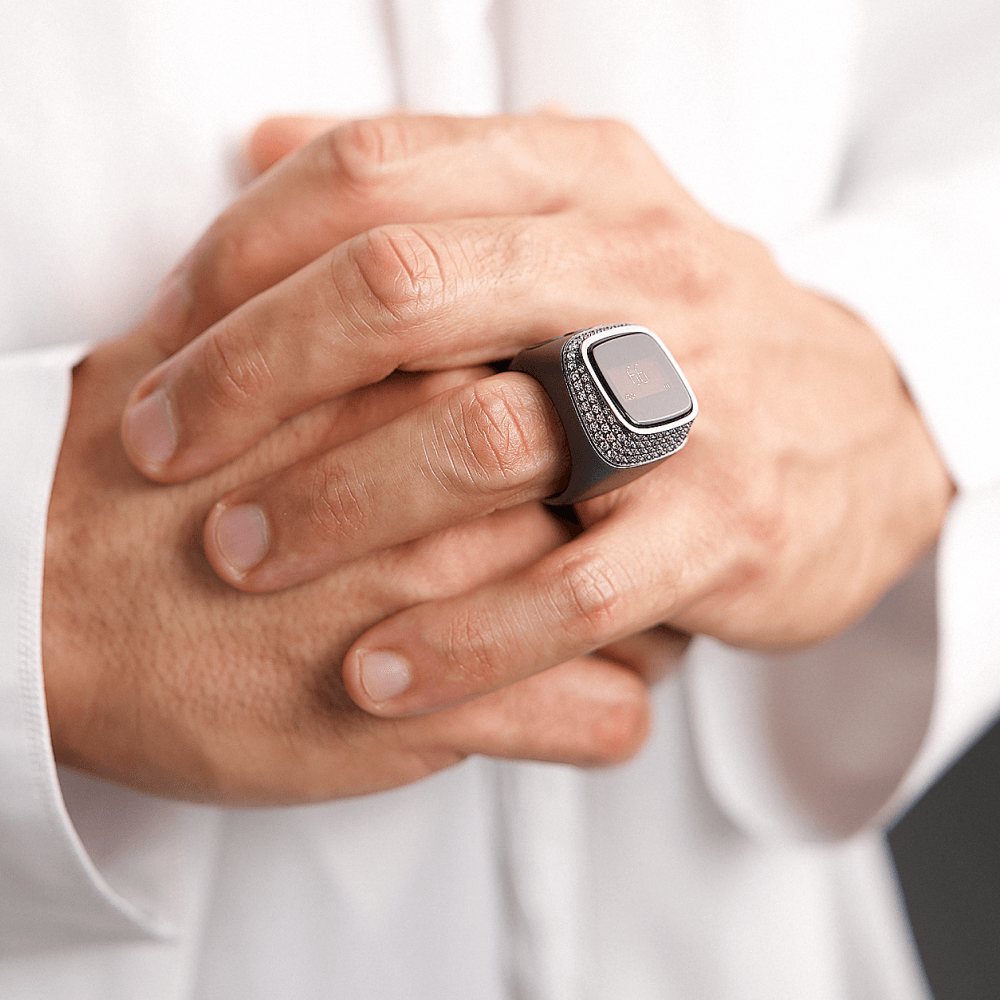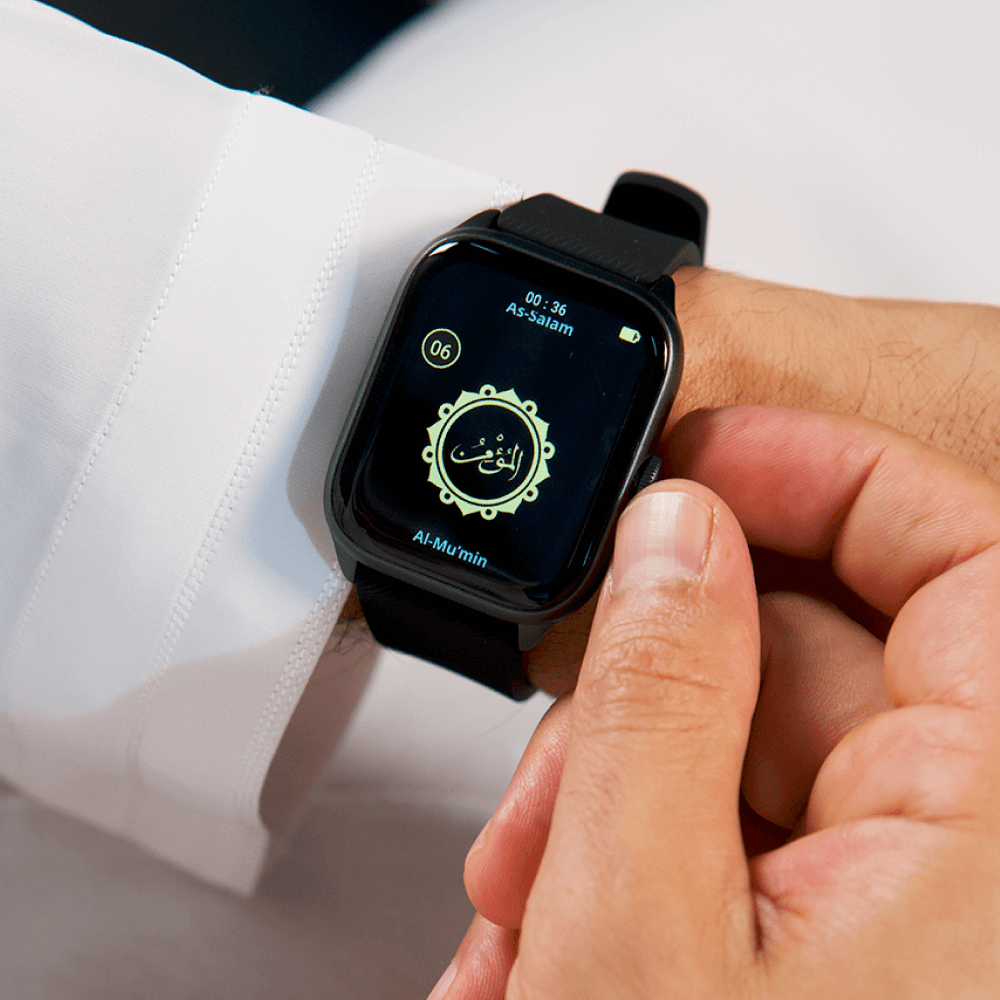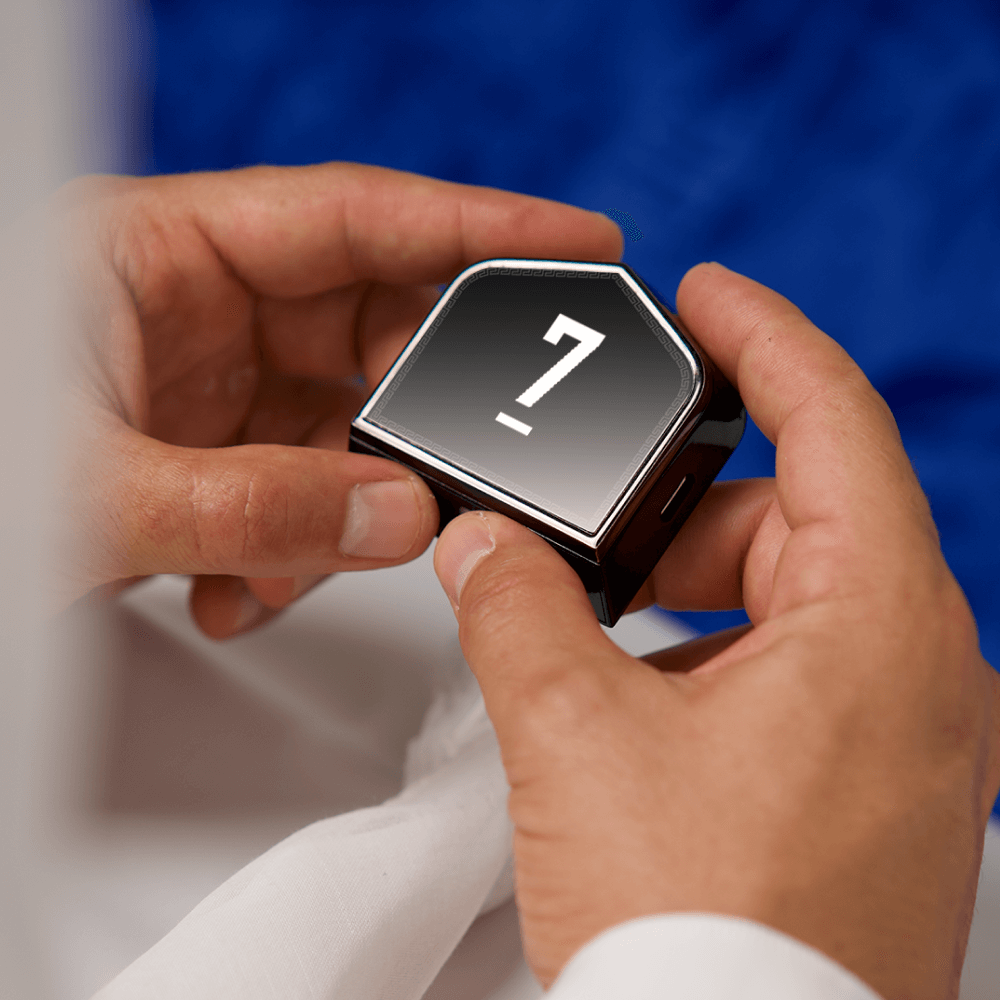Anthony Lee - Juin 01 2021
Can Ramadan make an athlete stronger?

Not eating anything from sunrise to sunset sounds like a nightmare, doesn't it? The fast of the month of Ramadan is a real mental challenge. However, by following a suitable program, it can help you gain concentration, discipline and strength. We asked a group of fasters to share their experiences over the years with us and put together 5 diet and training tips to keep you energized during the month of Ramadan.
CAN RAMADAN MAKE AN ATHLETE STRONGER?
Ramadan is the ninth month of the Hegiran calendar and, for Muslims, it is the most important of the year. During this month, believers are called to control their desires and empathize with those around them, which results in a fast. This exercise of self-control allows you to purify your body and mind by giving up cravings, such as drinking morning coffee, smoking or snacking during the day. Ramadan is a spiritual period that inspires good humor. Athletes, in particular, can benefit from this fast as it teaches them self-control, mindfulness and discipline; everything an athlete needs to get stronger. That said, Ramadan is not a walk in the park. Anyone who has ever fasted will confirm that it is a challenge and a process of learning. To get the most out of it, you need to take into account some important aspects:
1. IT'S ALL ABOUT PLANNING
The secret is to follow a careful and structured program. Plan what your month will be like and think about what meals you will eat for iftar and sahur and how long it will take to prepare them. This is especially important because it allows you to predict when to wake up so you don't lose precious minutes of sleep. Our fasting group recommends the following foods:
Sahur
(last meal before dawn, around 3 a.m. / 3:30 a.m.)
Healthy fatty acids: nut butter, avocado
Of protein: beans and eggs
Porridge with dates or other dried fruits, honey, maple syrup
Fruits and vegetables: especially those with a high water content, such as cucumber or orange
Foods that make you feel full: sweet potato, oily fish, sprouted seeds
Iftar
(meal that breaks the fast)
Start by breaking the fast with dates and water with lemon
Foods rich in protein: tuna, tofu, lentils, eggs
Foods high in fiber: such as chickpeas and lentils
Foods rich in vitamins: such as cauliflower, broccoli, quinoa, and seafood
Hydration
1 to 2 full glasses of water during the iftar and at least 2 liters during the night, between the iftar and the sahur. Calculate your water intake and try to drink a glass of water every hour. This will prevent you from drinking too much at once and spending most of the next day in the bathroom.
Additionally, it can be a good idea to prepare a detailed shopping list so that you don't have to go to the store during the fasting period because we all know what happens when shopping on an empty stomach.
2. EAT MORE SLOWLY
When you eat, take your time and savor the food. Concentrate on each bite and try to chew at least 40 times before swallowing. The finer the food particles, the easier they are to digest and the more nutrients your small intestine can absorb. Eating more slowly will also make you feel fuller for longer.
3. BE MORE AWARE OF WHAT YOU EAT
When you finally break the fast, it's easy to lose control and eat whatever is on your hands. But that is not the goal of Ramadan. Firstly, your stomach is not ready to accommodate so much food after fasting all day and secondly, you should take this opportunity to become more aware of your eating habits and not take food and water for granted. Break the fast with dates, water with lemon or a light soup. It is only after digesting this snack and rehydrating yourself that you will be able to eat a real meal.
4. AVOID WORKING OUT IN THE MORNING AND LISTEN TO YOUR BODY
It is important to be active during Ramadan in order to stay healthy and maintain your level of fitness. Studies on the subject have even revealed that men who continue to train during the fasting period manage to reduce their percentage of fat mass, because, during physical activity and recovery, the body draws more on the body. fat for energy. While you shouldn't give up training, you should still adjust your training routine accordingly. If you are used to doing your sessions in the morning, you should avoid doing so to avoid dehydration and lack of energy during the day. Instead, our fasters recommend training an hour before breaking the fast. You may have less energy, but it is a good way to occupy your body and mind during the last stage of the fasting period, which is also known to be the most difficult. For those who don't work the next day, midnight is also a good time to train. You will be more rested and have more energy. If you feel that you are dehydrated, avoid long cardio sessions if possible. And never forget to listen to your body! Don't overexert yourself or worry if you don't establish MUAC as your recovery time may suffer and the risk of injury is high. which is also known to be the most difficult. For those who don't work the next day, midnight is also a good time to train. You will be more rested and have more energy. If you feel that you are dehydrated, avoid long cardio sessions if possible. And never forget to listen to your body! Don't overexert yourself or worry if you don't establish MUAC as your recovery time may suffer and the risk of injury is high. which is also known to be the most difficult. For those who don't work the next day, midnight is also a good time to train. You will be more rested and have more energy. If you feel that you are dehydrated, avoid long cardio sessions if possible. And never forget to listen to your body! Don't overexert yourself or worry if you don't establish MUAC as your recovery time may suffer and the risk of injury is high. never forget to listen to your body! Don't overexert yourself or worry if you don't establish MUAC as your recovery time may suffer and the risk of injury is high. never forget to listen to your body! Don't overexert yourself or worry if you don't establish MUAC as your recovery time may suffer and the risk of injury is high.
5. TAKE NAPS AND TAKE COLD SHOWERS
During Ramadan, you will need all of your energy. If you can, try taking naps to save energy or take a cold shower to wake you up if you start to doze off.
______







